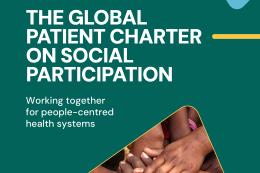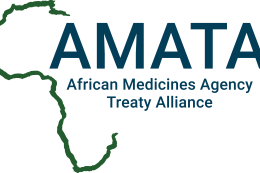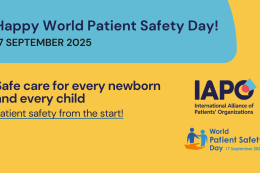The role of public-private and private-private partnerships in combating NCDS

IAPO and Teva Pharmaceuticals held the NCD Care Continuum: Multi-Sectoral Action to Advance Management of NCDs event in advance of the 3rd UN High Level Meeting on Noncommunicable Diseases, on 25th September where the discussion was on the building of multisectoral and multidisciplinary collaborations to address barriers to the treatment and care of noncommunicable diseases. The panel explored scalable systems and digital technologies to solve issues related to the management and self-management of NCDs, and the role that different industry actors can play in advancing solutions.
In her keynote address, Dr. Sania Nishtar, CEO, Heartfile, and Co-Chair, WHO High-Level Commission on Noncommunicable Diseases, emphasized the importance of innovation in NCD management and self-management as a way to improve quality of life for people living with NCDs.
This event came up with the following conclusions in moving the multisectoral and multidisciplinary collaborations agenda forward:
1. Role of collaborations- Partnerships with patients and patient advocacy groups
- Moving away from vertical disease plans to create systems that can prevent, treat and manage all of a patient’s health needs
- The importance of viewing disease as acute and chronic instead of communicable and non-communicable (the former has larger implications for health systems strengthening than the latter).
- Amalia Adler-Waxman, VP Social Impact and Responsibility, Teva Pharmaceuticals
- Dr. David Barash, Executive Director Global Health Portfolio, Chief Medical Officer, GE Foundation
- Jennifer Esposito, Worldwide General Manager, Health and Life Sciences Group, Intel Corporation
- Penney Cowan, Chair, IAPO; Founder & Executive Director, American Chronic Pain Association
- Dr. Sandeep Kishore Associate Director, Arnhold Institute for Global Health, Icahn School of Medicine, Mount Sinai Health
- Jenifer Healy, Chief of Staff, Office of Global Affairs, U.S. Department of Health and Human Services
- Dr. Jeffrey L. Sturchio, President and CEO, Rabin Martin, moderator
- Reflection: Sir George Alleyne, Director Emeritus, Pan American Health Organization



